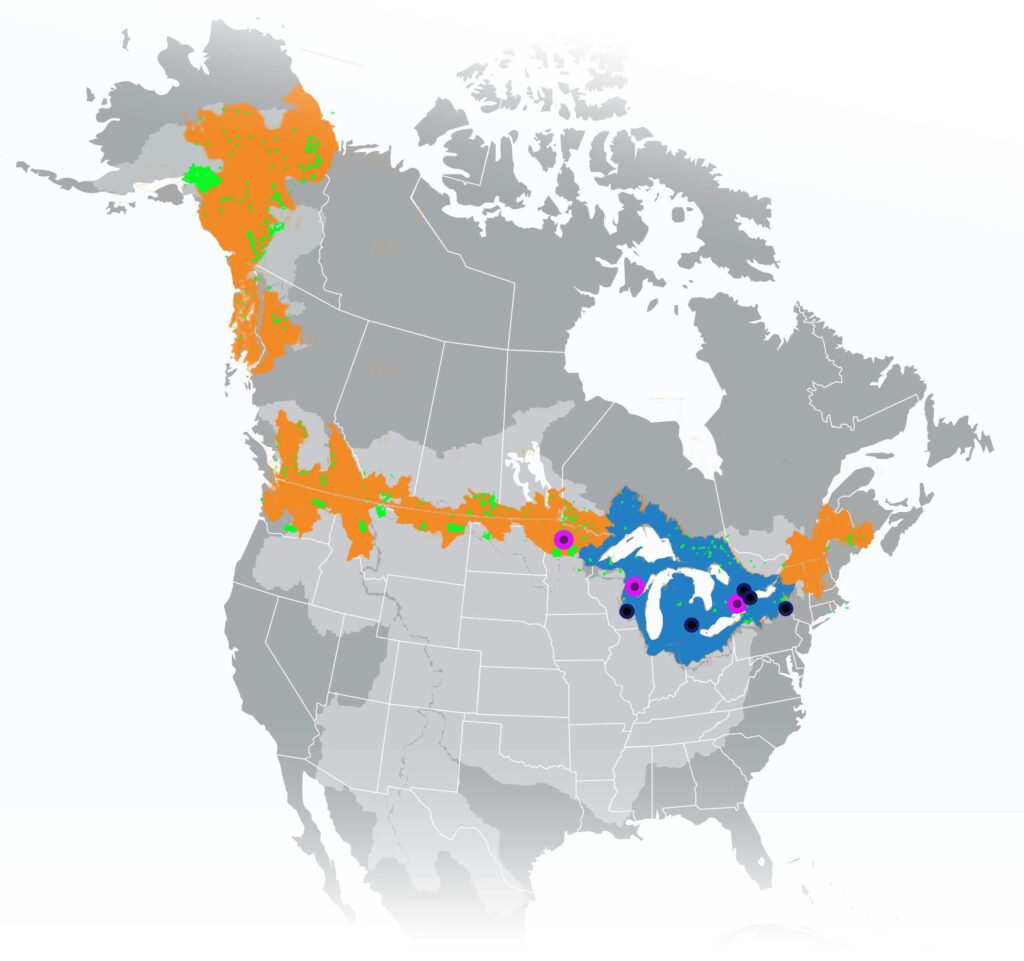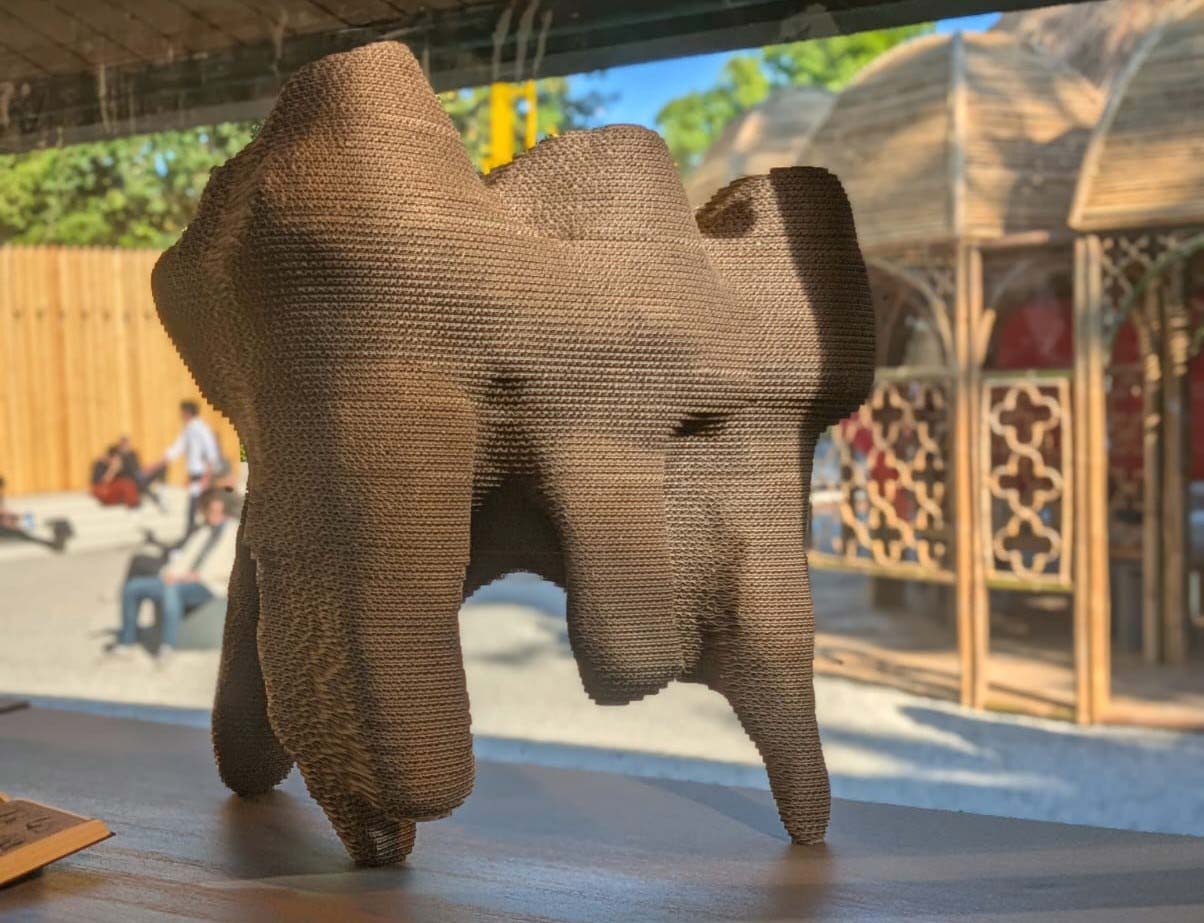
Global Center for Understanding Climate Change Impacts on Transboundary Waters Awarded $5 Million NSF Grant
The National Science Foundation (NSF) has awarded $5 million to the University of Michigan Global Center for Understanding Climate Change Impacts on Transboundary Waters. Richard Norton, professor of urban and regional planning who holds a joint appointment as a professor in the program in the environment, is a Co-PI of the innovative multinational endeavor committed to enhancing the resilience of at-risk communities in the face of the escalating global water crisis.
“This initiative is exciting because it provides the opportunity for us to work collaboratively with Native American Tribal communities and scientists to better understand their approaches to knowing, valuing, and stewarding natural coastal resources,” said Norton. “It also provides the opportunity to collaborate with Canadian scientists and community partners to better understand how their governance institutions shape coastal community resilience efforts, compared to the U.S. We’ll then be able to leverage both those endeavors to study other transboundary water settings more broadly.”
The center is housed at the University of Michigan School for Environment and Sustainability (SEAS) and, in addition to the NSF, is funded by the Social Sciences and Humanities Research Council and the Natural Sciences and Engineering Research Council of Canada. Partners in the center include McMaster University, Toronto Metropolitan University, the Six Nations of the Grand River, Brock University, Wilfrid Laurier University, Cornell University, the College of Menominee Nation, the Red Lake Nation, and the University of Wisconsin-Madison.
According to a story in The University Record, “The new center will initially focus on climate change adaptation in the Great Lakes region — with an emphasis on Indigenous and climate-vulnerable communities — and will later expand its work to other North American multinational watersheds and beyond.”
“The center’s interdisciplinary research team has expertise in the fields of climate change, ecosystem monitoring and modeling, and transboundary water science and governance. At U-M, affiliated researchers include co-principal investigator Kyle Whyte and Jon Allan of SEAS and co-principal investigator Richard Norton of the Alfred Taubman College of Architecture and Urban Planning. The U-M-based Cooperative Institute for Great Lakes Research is a collaborative partner. Altogether, roughly 20 researchers and dozens of students from the center’s universities and colleges are expected to be involved.”
Read “U-M Center Gets $5M to Study Climate Change Impacts on Water” on The University Record.
(Graphic by School for Environment and Sustainability and Office of the Vice President for Research.)









